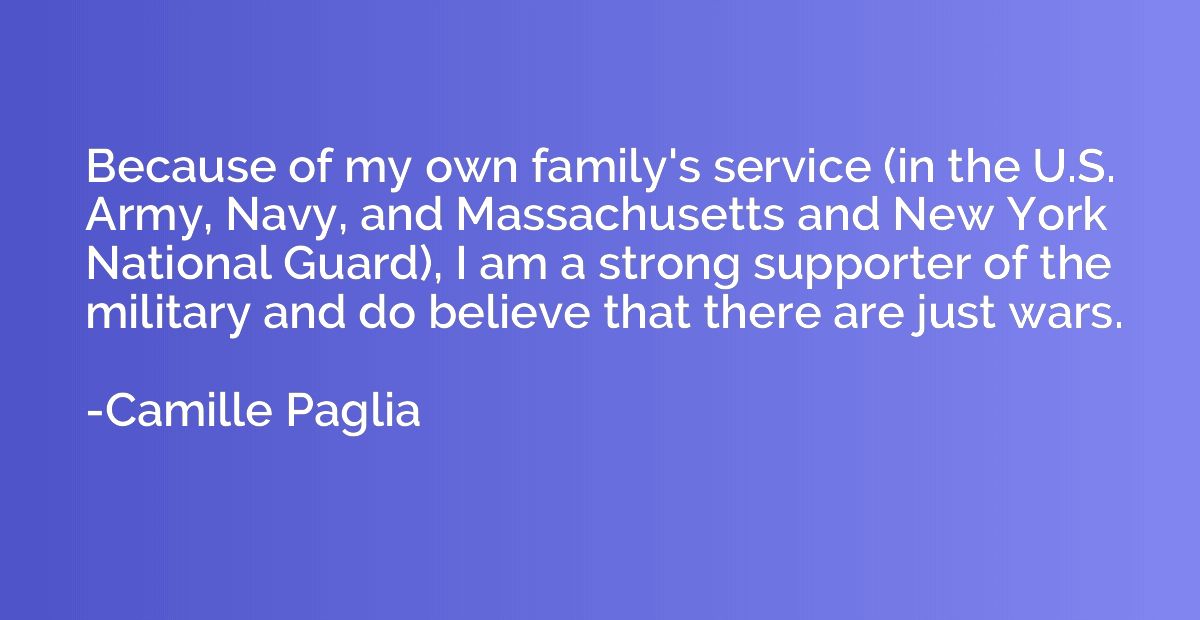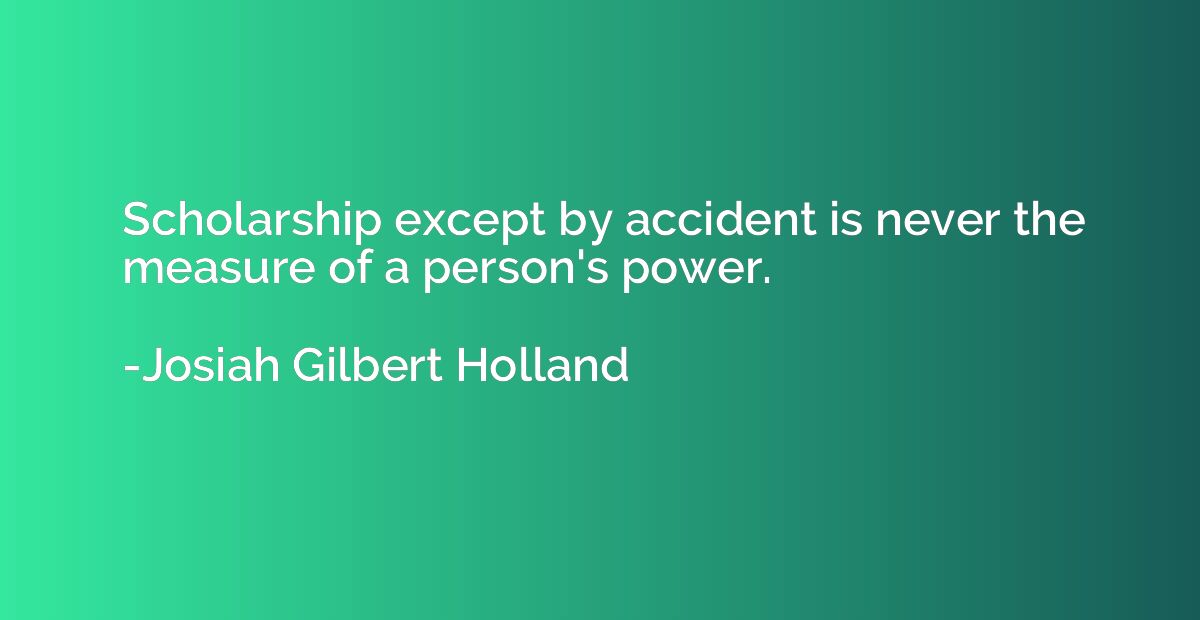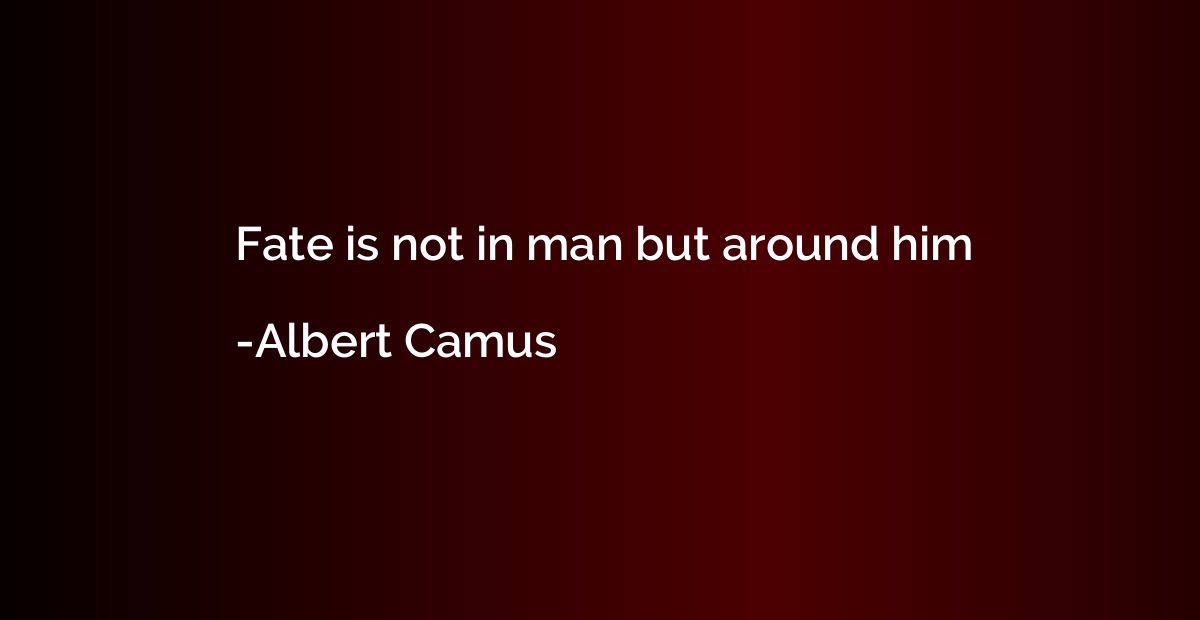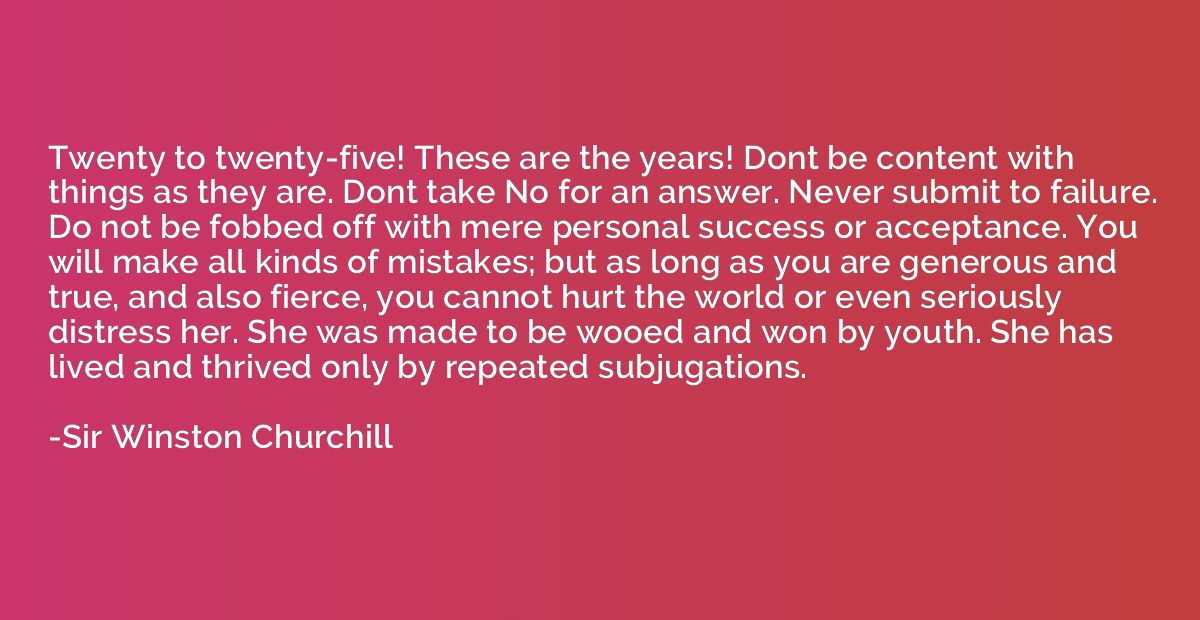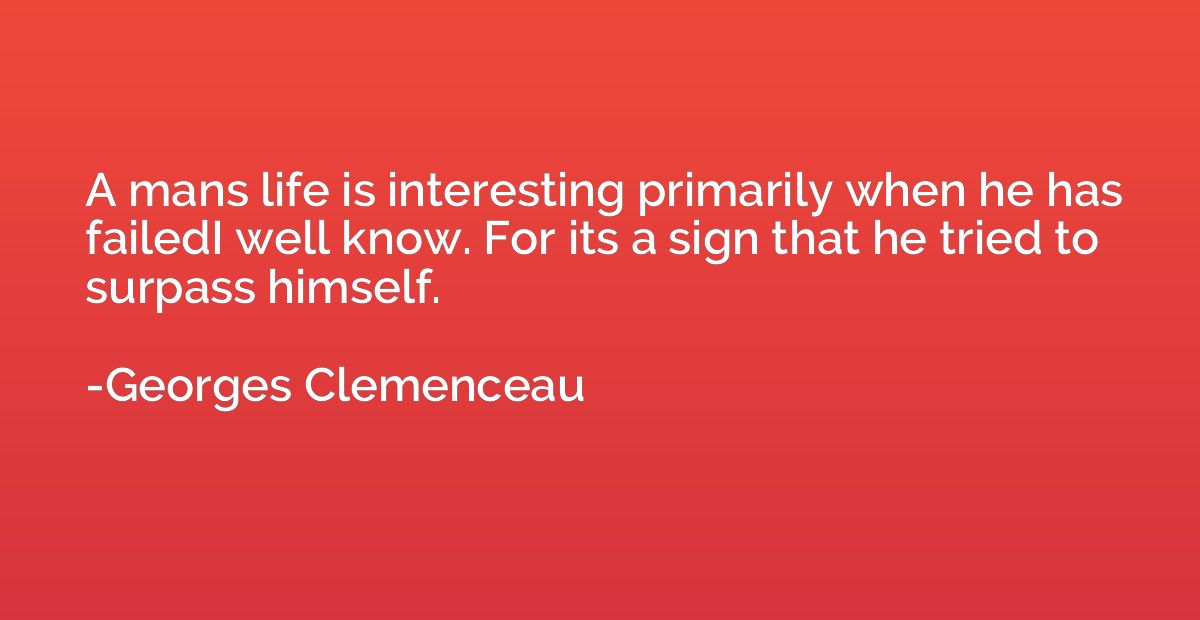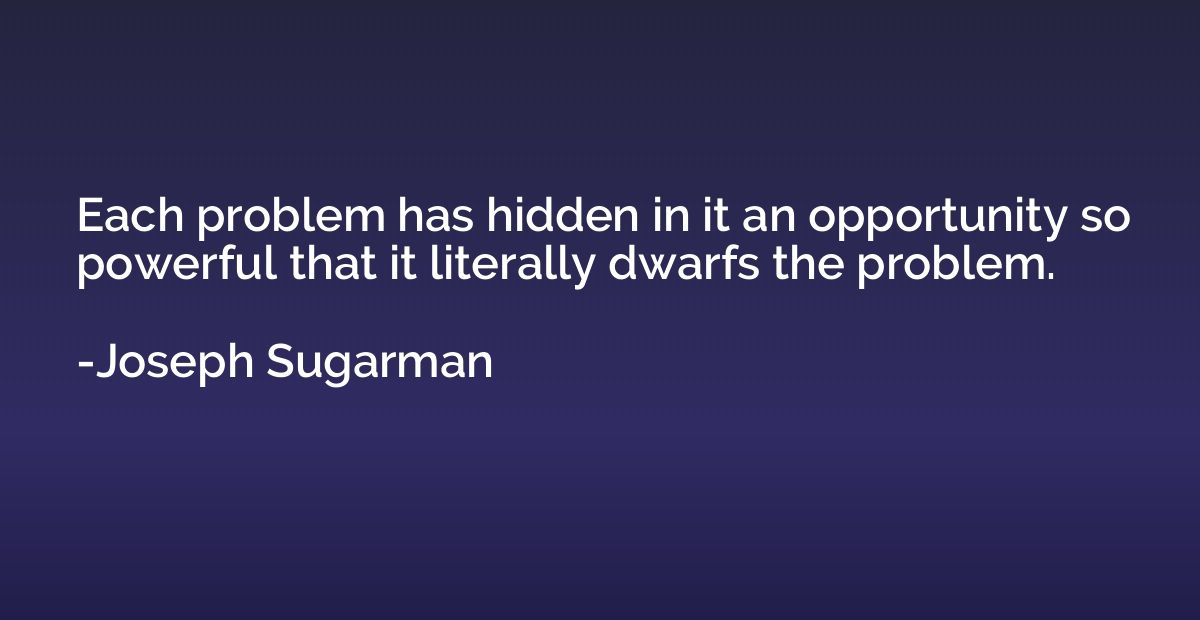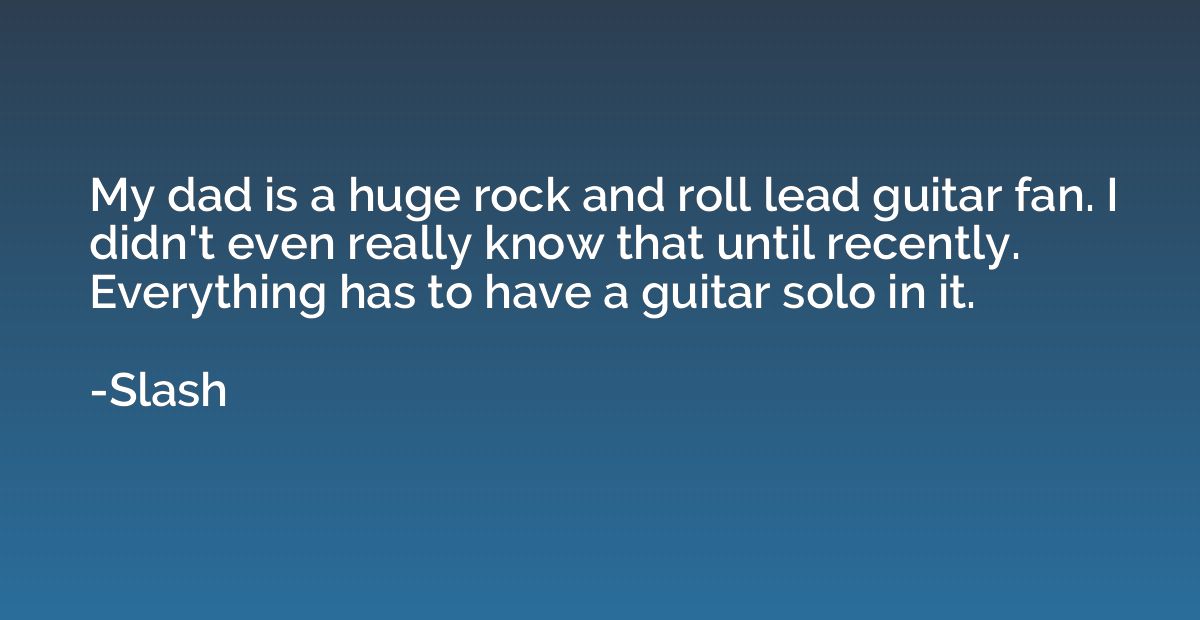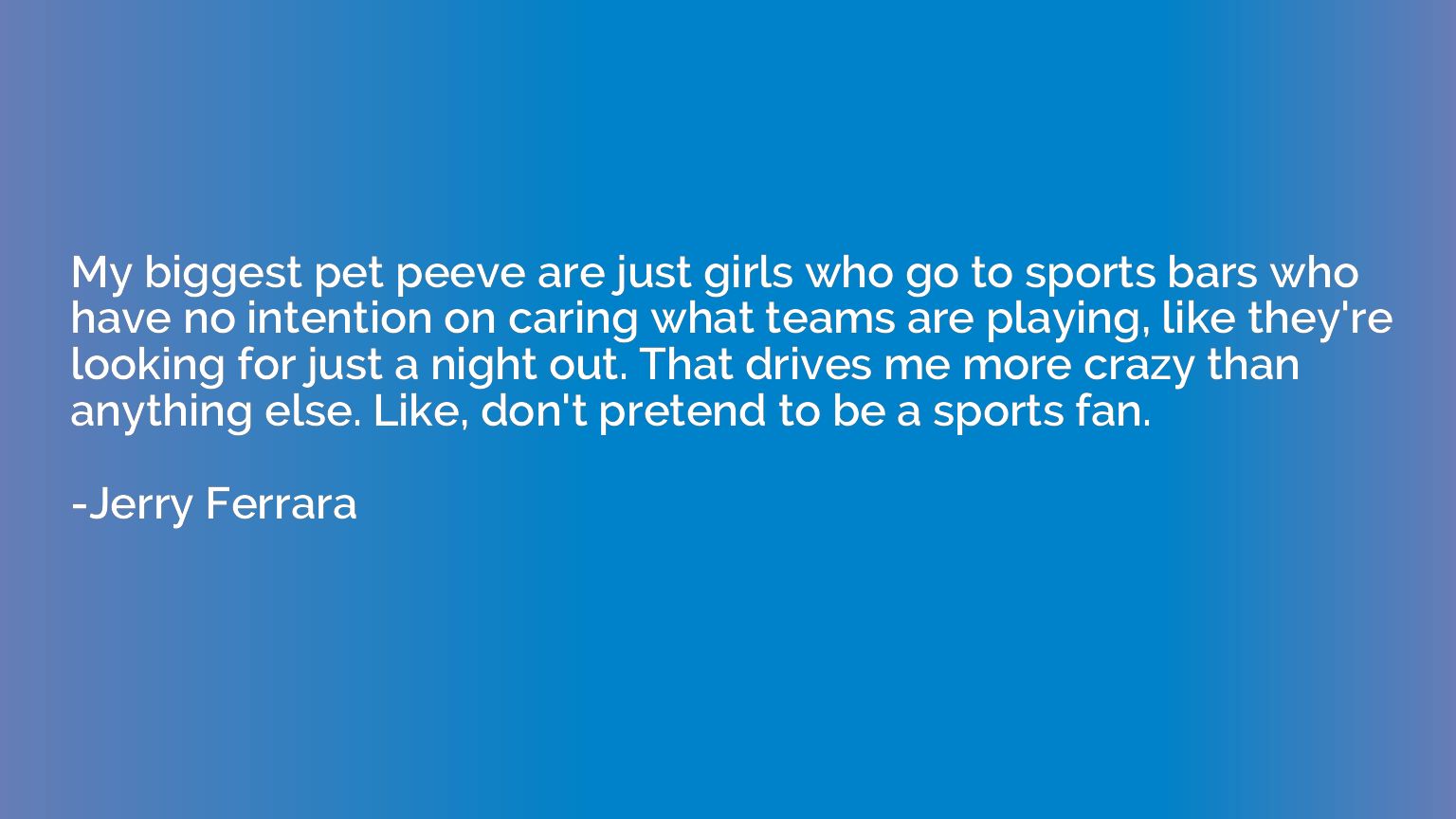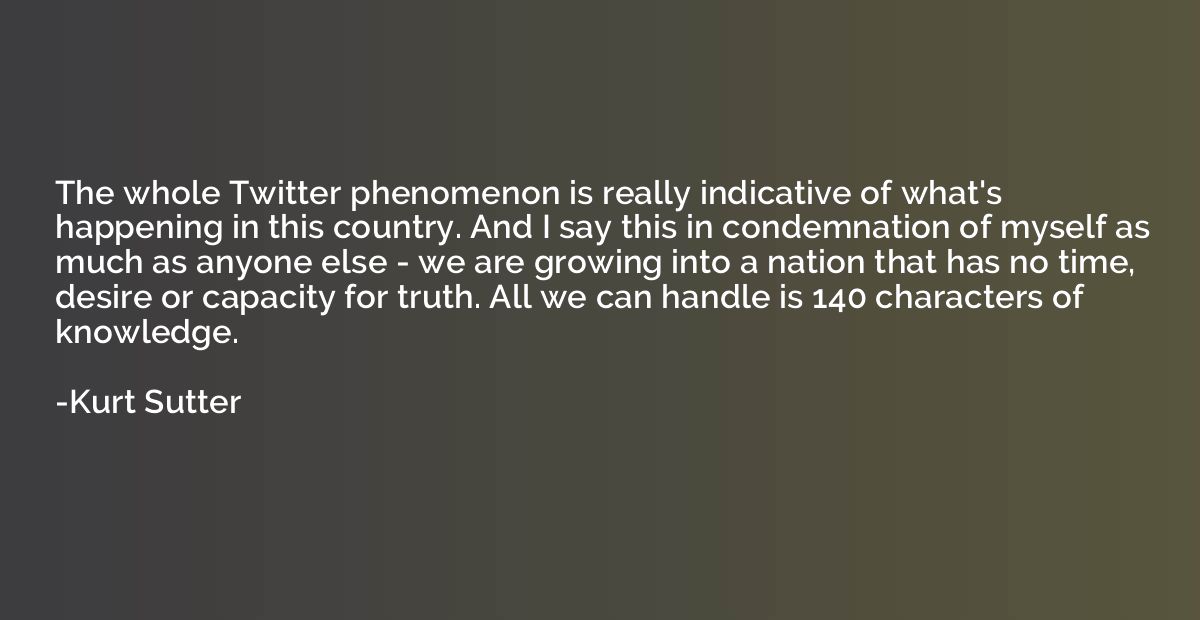Quote by Dhani Harrison
I did Albert Hall, I got to play the Hall of Fame with Prince. So I've done that kind of stuff for ages. It wasn't until after we finished working on Brainwash, my dad's album after he died, then it was like 'That phase is over in my life now, now we can get on with our music, with our band.'
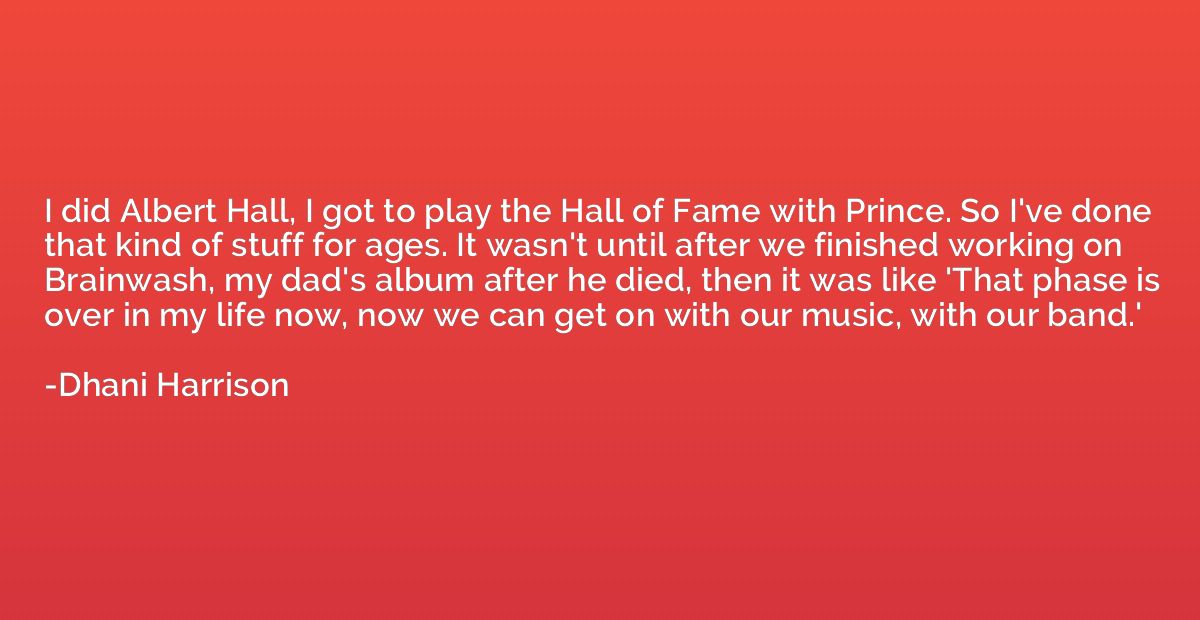
Summary
In this quote, the speaker reflects on their past experiences of performing at renowned venues like Albert Hall and with iconic artists like Prince. They mention completing a crucial project, their late father's album, and express that it marked the end of a particular phase in their life. With this chapter closed, they now feel ready to focus on their own music and the work of their band moving forward.





